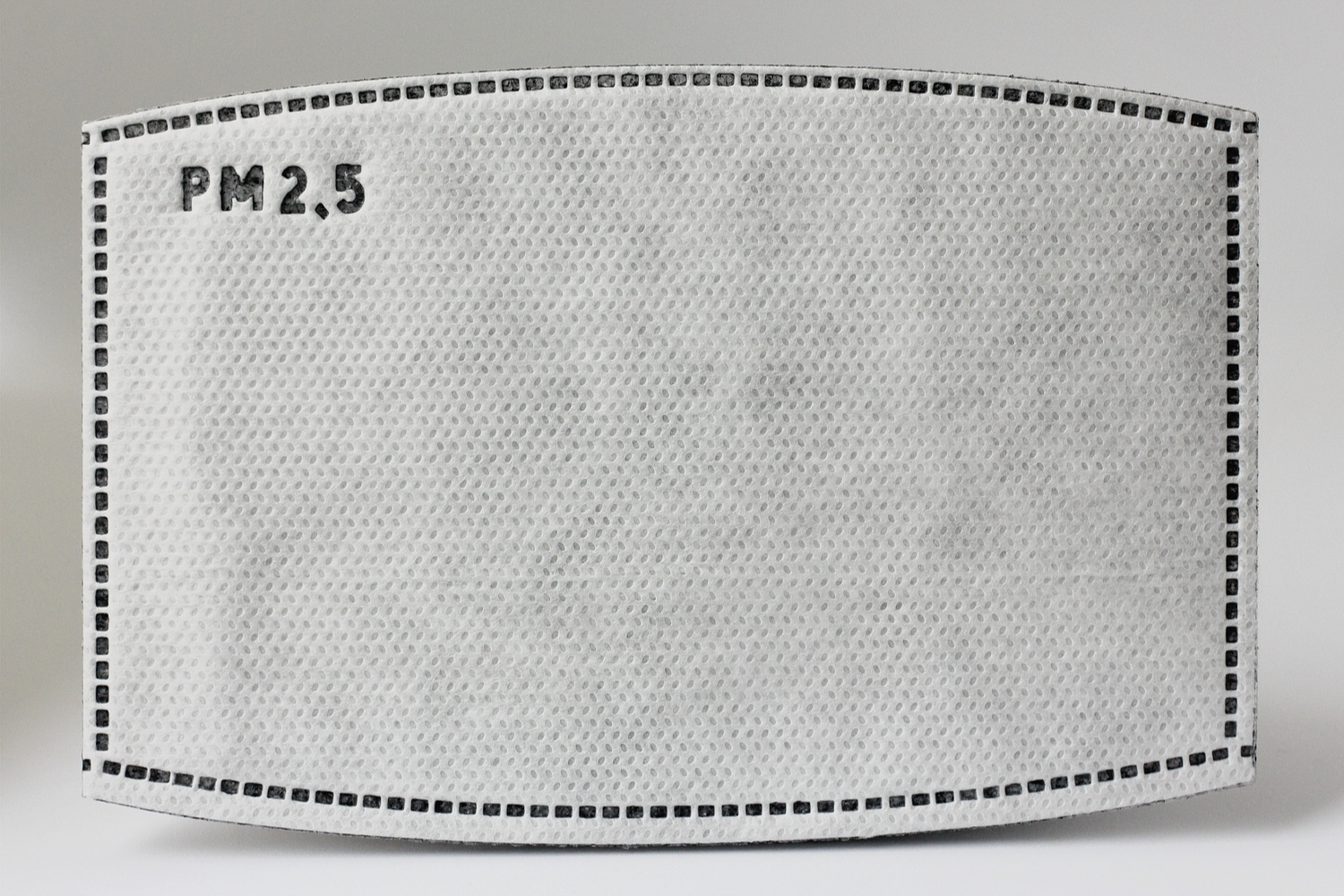What Is PM 2.5 and Why Is It a Health Problem?
PM 2.5 has become a hot topic on local and national news outlets recently. PM 2.5 relates to air pollution levels and its affect on health. So what exactly is PM 2.5 and how is it kinked to respiratory diseases and heart problems? Better yet, how can you limit your exposure to it?
What Does PM 2.5 Mean?
PM stands for “particulate matter” that is 2.5 microns in size or less. A micron is a unit of measurement that equals one millionth of a meter, or 1/26,000th of an inch. Put into perspective, a human hair averages 50 microns in diameter. Particles in the PM 2.5 range are able to bypass many of our natural defenses and can be deeply inhaled into the lungs and even enter into the bloodstream. These particles can be composed of dust, liquid, as well as various kinds of chemicals.
Health Effects of Particulate Matter (PM)
The potential to affect human health is directly proportional to the size of the particle. Any particles smaller than 10 microns can pose the greatest risk as they can be inhaled deeply into your lungs, affect your heart, and can potentially enter into your bloodstream. Health problems resulting from PM exposure can include the following:
Premature death in people that have heart or lung diseases
Non-fatal heart attacks
Irregular heartbeat
Increased asthma symptoms
Decreased lung function
Irritation of air passages
Besides your health, PM can also harm the environment. These particles can be carried by the wind over great distances affecting lakes, streams, and coastal waters, damage crops, and contribute to acid rain.
How Can PM 2.5 Affect Me Indoors
When the level of PM outdoors is reported to be high, people at risk should stay indoors, keep windows and doors shut, and run air conditioners and/or air purifiers.
Any time air movers (high velocity fans) are used to dry water-damaged homes, airborne particles become a health concern. If there has been a fire or you have discovered mold growth in your home, PM 2.5 is an even greater concern. Soot and smoke is made up of very small particles as a result of incomplete combustion. Mold spores are typically 3 to 40 microns in size. To keep, or return, your home environment to safe particulate levels, the help of a professional restoration company like Water Mold Fire Restoration is recommended. Our restoration technicians understand the importance of reducing your exposure to particle pollution. Contact us a 800-905-0277 or at help@watermoldfire.net.








